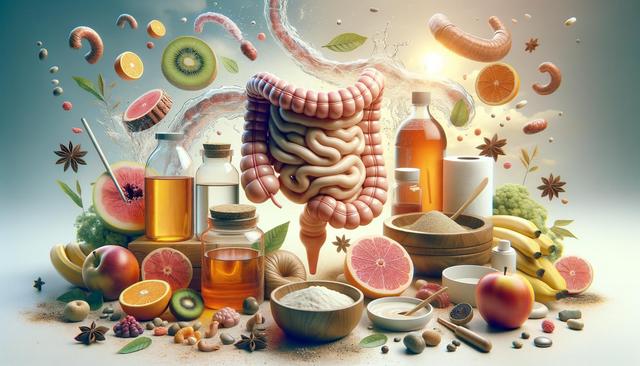
Understanding Colon Hydrotherapy and Cleansing: What You Should Know
What Is Colon Hydrotherapy?
Colon hydrotherapy, also known as colonic irrigation, is a procedure that involves flushing the colon with warm, filtered water. This process is designed to remove waste material and toxins from the large intestine. Unlike enemas, which typically reach only the lower part of the colon, hydrotherapy aims to cleanse the entire colon. A trained practitioner usually performs this procedure using specialized equipment that allows water to flow gently into the colon and out through a closed system, carrying waste with it. The process is generally repeated several times during a session.
The idea behind colon hydrotherapy is to improve digestive health and potentially enhance the body’s natural detoxification processes. Supporters believe that regular cleansing can help reduce bloating, improve bowel movements, and increase energy levels. However, it’s important to note that scientific evidence supporting these claims is limited, and colon hydrotherapy should be approached carefully, especially by individuals with certain medical conditions.
Potential Benefits of Colon Cleansing
Many people turn to colon cleansing as a way to promote general wellness. Although more research is needed to fully validate its effects, several potential benefits are often associated with these procedures:
- Improved digestion and relief from constipation
- Enhanced feeling of lightness and reduced bloating
- Support for detoxification and elimination of waste
- Encouragement of regular bowel movements
Those who practice colon cleansing often report feeling more energized and focused afterward. The underlying idea is that by removing accumulated waste, the body may be better able to absorb nutrients and function efficiently. However, it is essential to consult a healthcare provider before beginning any kind of cleansing regimen, especially for individuals with gastrointestinal disorders or compromised immune systems.
Methods of Colon Cleansing
In addition to colon hydrotherapy, there are other methods people use to cleanse the colon. These include over-the-counter products and natural remedies. Some of the more commonly used methods include:
- Herbal supplements designed to promote bowel movements
- Fiber-rich diets or fiber supplements
- Detox teas and drinks
- Enemas using warm water or herbal solutions
Each method varies in intensity and effectiveness. While some people prefer the more thorough approach of hydrotherapy, others may opt for dietary adjustments and natural remedies. It’s crucial to understand that not all methods are suitable for everyone. For example, frequent use of laxatives or aggressive cleansing techniques can disrupt the natural balance of gut flora and potentially lead to complications.
Risks and Considerations
Though colon cleansing can offer a sense of renewal, there are risks associated with these practices. Colon hydrotherapy, in particular, should be performed under professional supervision. Potential risks include:
- Dehydration due to excessive loss of fluids
- Electrolyte imbalances
- Colon perforation in rare cases
- Infections if equipment is not properly sterilized
People with kidney disease, heart conditions, or gastrointestinal disorders should avoid colon cleansing unless advised by a healthcare professional. It’s also important to maintain a balanced diet and hydration before and after a cleansing session. Listening to your body and being informed about the procedure are key to minimizing risks and promoting safety.
Maintaining Digestive Health Naturally
While colon cleansing can be a part of a larger wellness strategy, long-term digestive health is best supported through sustainable lifestyle choices. These include:
- A balanced diet rich in fiber, including fruits, vegetables, and whole grains
- Staying well-hydrated throughout the day
- Regular physical activity to stimulate digestion
- Limiting processed foods and added sugars
- Managing stress through mindfulness, yoga, or other techniques
Rather than relying solely on cleansing procedures, incorporating these habits into daily life can support a healthy colon and overall well-being. If you are considering colon hydrotherapy or any other form of cleansing, it’s always wise to seek personalized advice from a qualified health professional.
Conclusion
Colon hydrotherapy and cleansing can be intriguing options for those looking to support their digestive health. While some individuals report positive experiences, it’s important to approach these practices with a well-informed perspective and professional guidance. Understanding the methods, potential benefits, and associated risks can help you make decisions that align with your health goals. For most people, maintaining a healthy diet and lifestyle remains the most reliable way to promote long-term colon health and overall vitality.